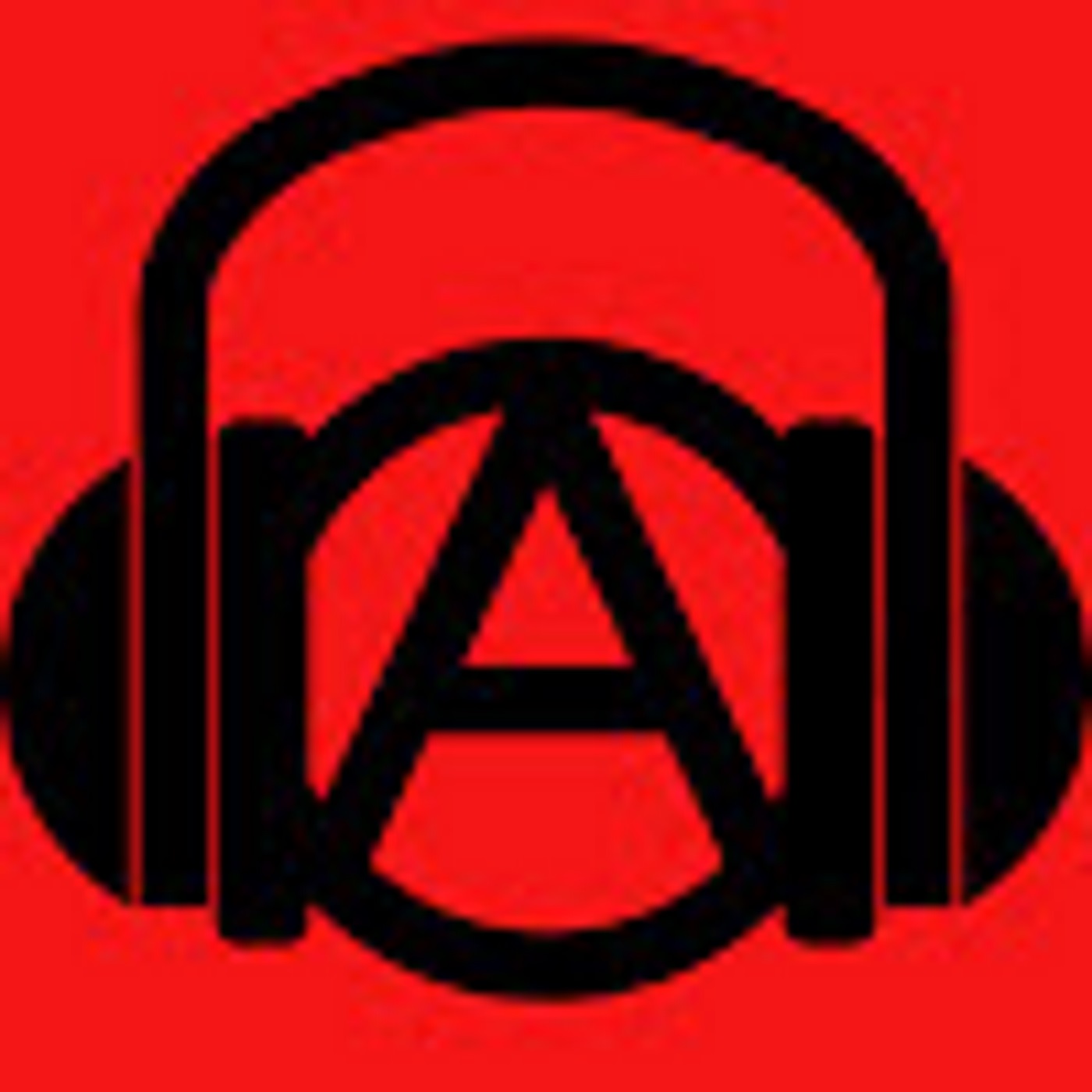Episodes

Saturday Nov 28, 2020
Your Honor a Poem by Kuwasi Balagoon
Saturday Nov 28, 2020
Saturday Nov 28, 2020

Saturday Nov 21, 2020
Post-Civ!: A Deeper Exploration by Usul of the Black Foot
Saturday Nov 21, 2020
Saturday Nov 21, 2020

Saturday Nov 14, 2020
Saturday Nov 14, 2020
The Zine can be read at https://theanarchistlibrary.org/libra...
A short but influential zine introducing the concepts behind post civilisation (Post-Civ) Anarchism by the group Strangers in a Tangled Wilderness.

Saturday Nov 07, 2020
Reparations As A Verb by the Salish Sea Black Autonomists
Saturday Nov 07, 2020
Saturday Nov 07, 2020
Essay can be read here https://blackautonomynetwork.noblogs.org/post/2019/03/20/reparations-as-a-verb/
Short piece by the Salish Sea Black Autonomists criticising the limited scope of mainstream civil rights activism.

Saturday Oct 31, 2020
The Conspiracy of Law by Howard Zinn
Saturday Oct 31, 2020
Saturday Oct 31, 2020
Essay can be read here
https://theanarchistlibrary.org/library/howard-zinn-the-conspiracy-of-law
Conspiracy of Law is Howard Zinn's examination of the role of the legal system in enforcing class distinctions and criminalising alternative politics and opposition to the system whilst pretending to be a neutral force in society.

Saturday Oct 24, 2020
The Place of Anarchism in Socialistic Evolution by Peter Kropotkin
Saturday Oct 24, 2020
Saturday Oct 24, 2020
Essay can be read here https://theanarchistlibrary.org/library/petr-kropotkin-the-place-of-anarchism-in-socialistic-evolution
Kropotkin's Essay on the place and need for Anarchism within the wider Socialist movement, written in 1884.

Saturday Oct 17, 2020
Capitalism is Killing the Earth by the Anarchist Federation
Saturday Oct 17, 2020
Saturday Oct 17, 2020
Pamphlet written by the UK's Anarchist Federation
"Capitalism is Killing the Earth
is our attempt to forge a more effective environmental movement. One
capable of saving the planet before capitalism finishes destroying it.
It builds on our collective experiences fighting against the destruction
of the natural world, as well as reading and research."

Saturday Oct 10, 2020
An Anarchist on Anarchy by Elisee Reclus
Saturday Oct 10, 2020
Saturday Oct 10, 2020
Text can be read at https://theanarchistlibrary.org/libra...
Elisee Reclus's important commentary on the Anarchist movement.

Saturday Oct 03, 2020
Transphobia is a Class Issue by Anarchasteminist
Saturday Oct 03, 2020
Saturday Oct 03, 2020
Article can be read here https://libcom.org/library/transphobia-class-issue
An article by Anarchasteminist arguing that transgender rights are a working-class issue.
[Content warning: In addition to transphobia in the abstract, this piece discusses harassment, violence and abuse. Some sources linked to for reference purposes feature transphobic abuse and slurs.]

Saturday Sep 26, 2020
Socialism from Below by George Woodcock, Chapter 12 - Epilogue
Saturday Sep 26, 2020
Saturday Sep 26, 2020
Read the full text: https://zabalazabooks.files.wordpress...
George Woodcock (1912-1995) was a historian, political biographer, essayist, poet, and anarchist. He wrote biographies of such anarchist thinkers as Pierre-Joseph Proudhon, William Godwin, Oscar Wilde, and Peter Kropotkin. Throughout his life, Woodcock was given numerous awards for his work, but he refused several awards from the government of Canada on the grounds that he only accepted awards granted by his peers.
In this final chapter, Woodcock provides an anarchist perspective on World War II, which was happening as he wrote the book. He argues that the myths of the Allies--that they were fighting for freedom against fascism--could be easily disproved by analyzing the prevailing social and economic conditions of those countries. The Allies were authoritarian as well, differing only in degree, but even those differences were eroding during the war. The real struggle, as Woodcock contends, was not the Allies against the Axis, but the working people of all countries against their rulers.

